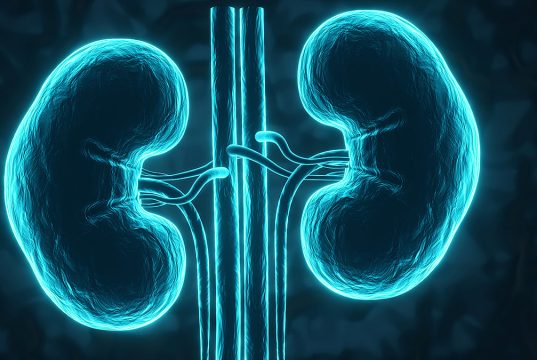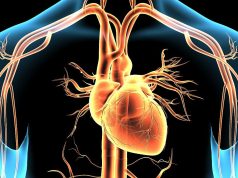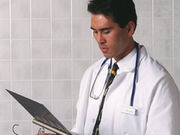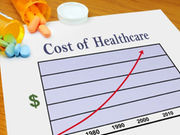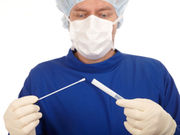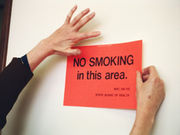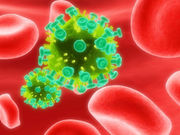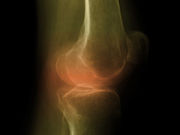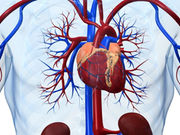Treating Hypertension Beneficial Regardless of Baseline Pressure
Reductions in risks of major CVD events, coronary heart disease, stroke, and heart failure
Better Info Needed in Transfer From Peds to Adult Care for T1DM
Only 36 percent of endocrinologists report always/often reviewing pediatric records
Efficacy of Azithromycin in Chlamydia Remains High
Although study did not establish noninferiority of azithromycin versus doxycycline
Higher Hospital Prices in U.S. ‘Monopoly Markets’
Hospital prices positively associated with indicators of hospital market power
ACOG: New Recommendations for Cervical Cancer Screening
Recommendations provide guidance on frequency of screening, appropriate screening methods
Daily INR Measurement Best for Hospitalized Patients on Warfarin
Increased odds of warfarin-associated adverse events in patients for whom INR not measured daily
Both Smoking Bans and Cigarette Taxes Deter Smokers
Bans seem better for social smokers; heavy smokers primarily deterred by taxes
Infusion of HIV-Neutralizing Antibody Decreases Viremia
Strong selection pressure seen for outgrowth of less neutralization-sensitive viruses
Combined Patient, Physician Intervention Ups Function in OA
Modest improvement in WOMAC, WOMAC function subscale for patients with hip, knee osteoarthritis
Many Ignore Warning Symptoms Before Sudden Cardiac Arrest
Survival significantly higher for patients who call emergency services in response to symptoms


